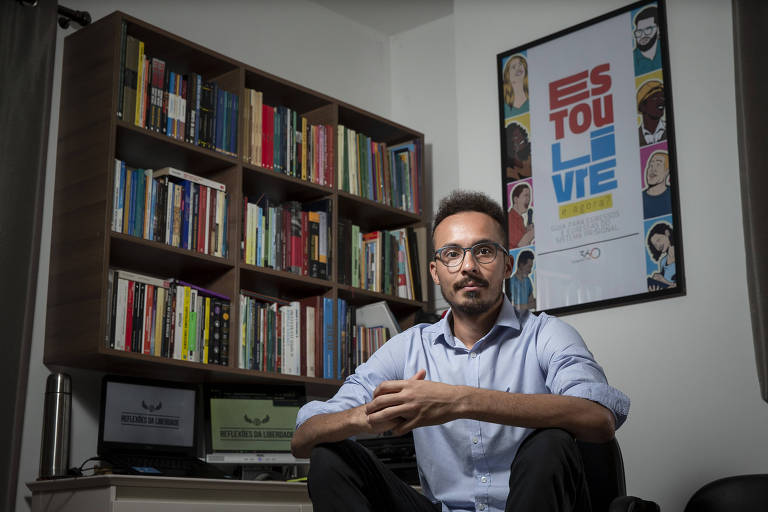In Sunday's elections, psychologist Emerson Ferreira, 32, will exercise his right to vote for the first time in more than ten years. Arrested at 19 and sentenced to eight years in prison for drug trafficking, he had his political rights suspended.
Determined to change his life at the end of his sentence, Emerson knew that he would face the typical difficulties encountered by prisoners: mistrust, prejudice, and lack of opportunity.
But he did not have an extra, which would jeopardize the resumption of political rights and some civil rights: a fine.
"A bailiff came with a paper talking about that fine penalty," he recalled. He is now a psychology graduate and director of the NGO Reflexões da Liberdade.
"Then I understood that it was an amount that I should pay to the State. It was R$ 17 thousand. I thought: what am I going to do to pay? Steal?"
"The fine penalty extends over the individual's civilian life, removing from him the already extremely difficult possibility of reinsertion, of the full exercise of citizenship", says lawyer Marina Dias Werneck, from the Defense Institute of Defense Law.
Translated by Kiratiana Freelon
